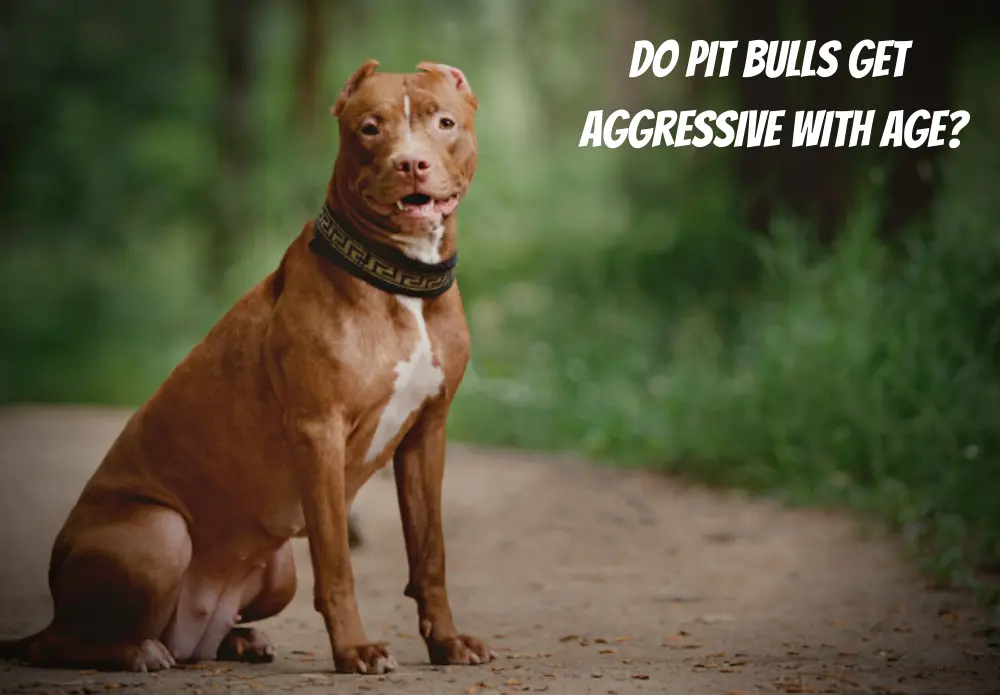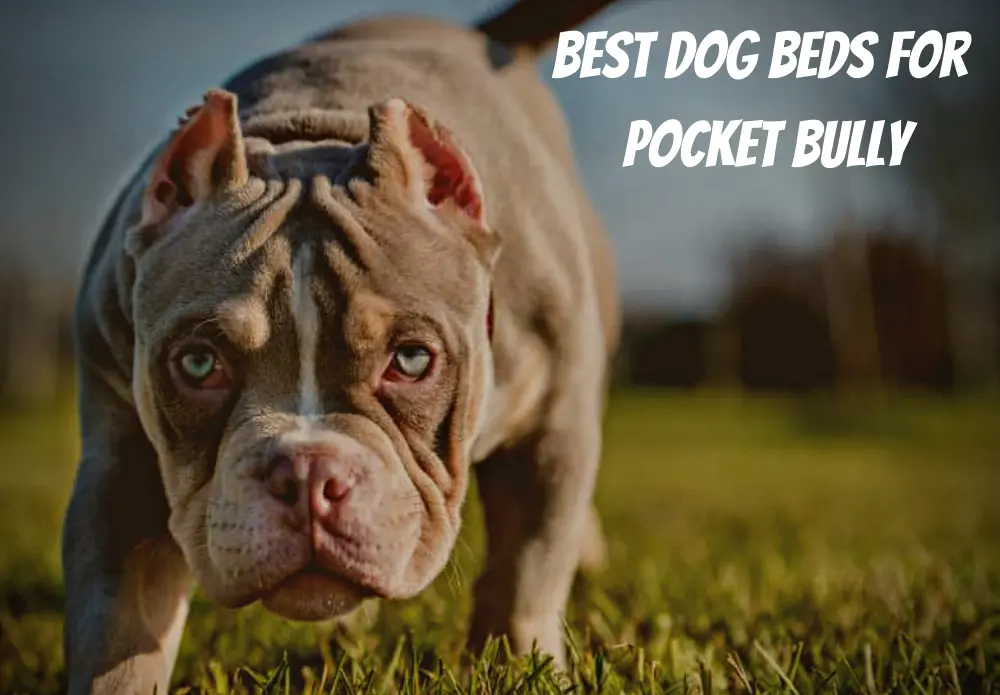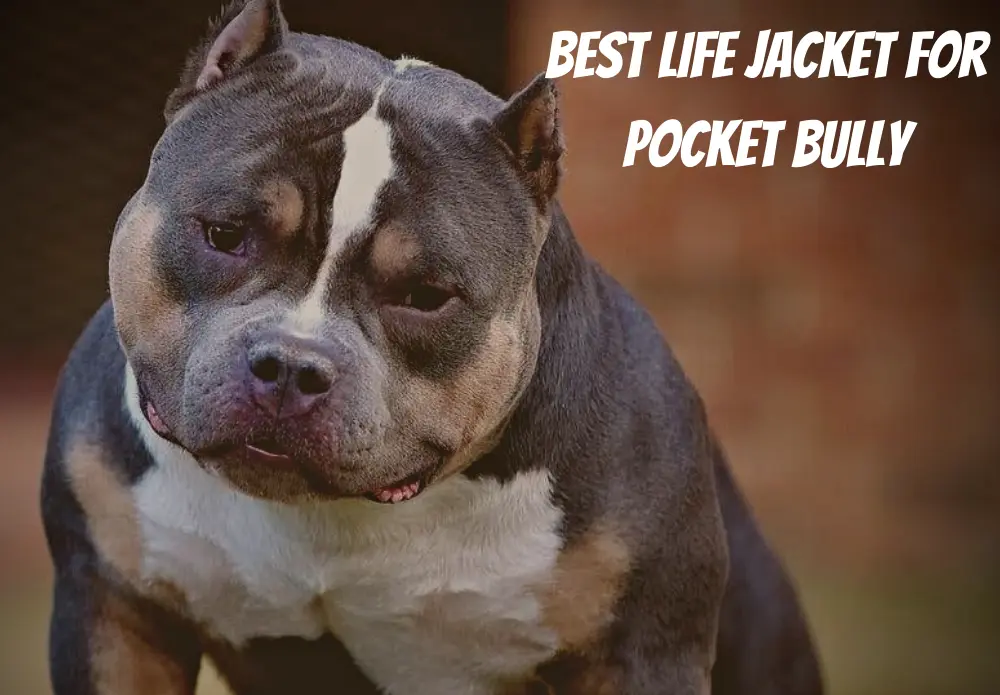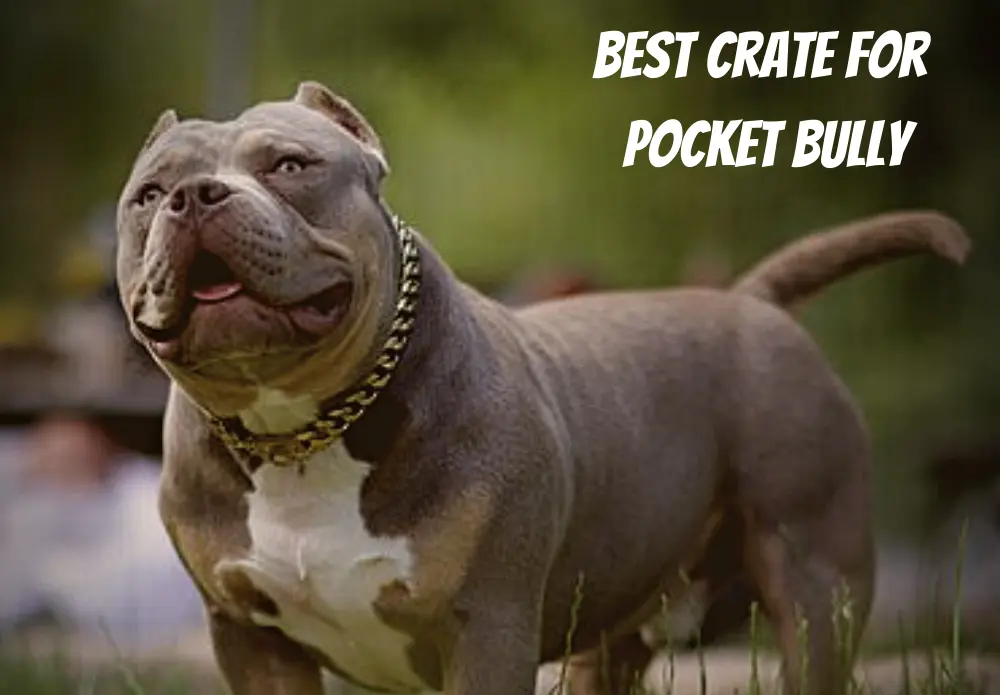The fear that their adorable puppy may develop into an aggressive adult is one of the main objections people have to owning Pitbulls. This concern is valid because aggression may appear in any breed of dog.
Pitbull owners may worry if their dogs get aggressive as they get older, but this is not always the case. Read on to learn more about Pitbull aggressiveness and how to prevent it in your dog.
Do Pit Bulls Get Aggressive With Age?
Unfortunately, the answer is yes. Due to hormonal changes brought on by aging, dogs may become more aggressive. Aggression in some Pitbulls may increase with age for various factors, including hormones and improper training.
By teaching socialization and impulse control skills to limit reactivity to people and other animals, training can help prevent many causes of Pitbull aggression.
Pitbulls have a poor reputation for aggression, and occasionally this reputation is merited. Pitbulls aren’t all vicious; many are incredibly friendly and affectionate creatures.
Ultimately, how a Pitbull is raised and treated significantly impacts whether or not they become aggressive. They are likelier to be amiable and loving dogs if you show them lots of love and attention. However, they might turn hostile if you mistreat them or neglect them.
Pitbulls Can Develop Aggression in Puberty
Aggression in Pitbulls may also be influenced by socialization (or a lack thereof) as they age. The method dog owners take to desensitize their dogs to novel sensory stimuli like the following is known as socialization:
- Strange creatures and people
- Loud noises like gunshots, lightning, and fireworks
- Unfamiliar accouterments, such as wheelchairs, walkers, headwear, and walking canes that alter a person’s silhouette
- Unfamiliar surfaces and locations, such as the inside of a car or a veterinarian’s office
Pitbull puppies can avoid developing phobias and fear-based aggressiveness as they get older by being exposed to various things and being associated with positive reinforcement. Even though a Pitbull puppy’s first year of life should be spent socializing them, it can begin as early as its first eight weeks.
Lack of socialization with other dogs and socialization only with people can make canines grow up socially awkward towards other dogs, in addition to fear-based aggressiveness.
Dogs are more susceptible to misunderstandings if they do not get the chance to learn the cues used by dogs to interact with one another in a group. Dogfights are a result of these societal problems. A dog is more likely to develop fear-based aggressiveness against other dogs after a dog fight, making them more reactive.
Different Kinds of Pitbull Aggression
Pitbulls and other dogs can act aggressively for a variety of reasons. A couple of these forms of aggressiveness, including fear-based aggression, have already been described, but here is a list of all of them:
Territorial Aggression
Pitbulls grow aggressive as they approach sexual maturity because male dogs have a natural drive to defend their territory.
Particularly in poorly socialized dogs, this drive to defend their area might result in hostility toward unfamiliar canines or visitors to the property, such as mail carriers.
Possessive Aggression
Some Pitbulls may start protecting their food, toys, or beds as resources. When someone or an animal tries to take these things or gets close to them, they may become hostile.
Dogs with dominating personalities are more likely to exhibit possessive aggressiveness, which they may employ to exert control over others.
Maternal Aggression
When a female dog acts aggressively toward her puppies to keep people or other animals away from them, this behavior is known as maternal aggression.
Maternal aggressiveness is typically brief. This is a typical occurrence that goes away as the puppies mature.
Pain Aggression
Pain aggressiveness is displayed when a dog suffers from an illness or injury and snaps when people unintentionally make the pain worse by touching the sore area. It is an inherent behavior that many sick or injured animals, not only dogs, exhibit.
Predatory Aggression
Predatory aggressiveness, a type of hostility most frequently seen in working or hunting dogs with a high prey drive, such as German shepherds and huskies, is a type of aggression. In Pitbulls, this kind of aggression is not common.
Redirected Aggression
Redirected aggression is one of the leading causes of hatred against humans, particularly those who break up dog fights or take dogs away from their prey.
These dogs may become briefly enraged at a person who bothers them and react aggressively and instinctively toward them.
Social Aggression
Similar to how humans can exchange punches in a physical quarrel, social aggressiveness is the aggression dogs display toward one another due to social conflict.
Dogs are just as prone to social aggression as people are because they pack animals with a complicated hierarchy.
Sexual Aggression
Sexual aggressiveness frequently arises between two male or two female dogs because it is typically aggression toward dogs of the same sex. Typically, gender-based social dynamics and sexual competition lead to sexual aggression.
Fear Aggression
Unlike possessive aggression or territoriality, fear-based aggression is defensive and grounded in insecurity. Knowing what kind of aggression your Pitbull is exhibiting will help you determine how to stop those violent actions.
Common Pitbull Aggression Symptoms
While many Pitbulls never experience an aggression problem, many dog breeds, including Pitbulls, frequently experience low-level aggression problems.
Here are some of the aggressive behaviors that Pitbull owners encounter and what to do about them.
Pitbull Puppies and Nipping
Unlike the other forms of aggression listed below, nipping in puppies does not begin as aggressive behavior. When puppies are young, they use their mouths to playfight with their mother and each other and explore their surroundings.
During this crucial play, Puppies learn how hard they can bite before hurting another animal. Bite inhibition training is what the mother and siblings practice.
Before they are eight weeks old, puppies taken from their mothers are less likely to have the instinct to restrain their bites, which means that when they playfight with other animals or people, they may bite painfully hard or even bleed.
Pitbull puppies not restrained in their biting behavior by training may learn over time that they can use aggressive displays to get people or other animals to leave them alone. This has the potential to develop into outright hostility, such as territoriality, leash reactivity, and resource guarding.
Pitbulls and Dog Aggression
Some hereditary Pitbull lines may be genetically predisposed to aggression toward other dogs because they are a breed that has historically been bred and used in dog fighting.
Through thorough socialization and training, many of these instincts can be subdued, but certain dogs may still exhibit higher-than-average levels of dog aggression.
Pitbull aggression should be controlled through training as soon as it is discovered to prevent it from worsening since Pitbull hostility tends to be more harmful in a dog fight due to its strength and persistence.
It is harder to change these behaviors as they get more ingrained with time.
The majority of the time, according to scientists, the owner of a Pitbull rather than the Pitbull’s temperament determines whether a dog would end up acting aggressively. All breeds of dogs have been shown to exhibit less aggression when trained consistently.
Pitbulls and Attacks on Humans
Due to sensationalized news reports about Pitbull mauling and occasionally even killing people, breed ban laws and other stigmatizing legislation frequently target Pitbulls.
In addition, Pitbulls’ propensity to lock their jaws when biting makes them more deadly in dog bite situations due to their strong jaws.
However, it’s also true that many other dog breeds are more likely than Pitbulls to bite a human, according to statistics on dog bites. Chihuahuas and Dachshunds are the dogs most commonly known to bite people. According to statistics, even the adored Beagle is likelier to bite its owner.
FAQs – Frequently Asked Questions
At What Age Do Pit Bulls Become More Aggressive?
Pitbulls go through sexual maturity at eight months, where they develop aggression. This period can continue up to 2 years, so you must start socializing and training your pitbull early.
Why is My Pit Bull Suddenly Aggressive?
First, look for signs of pain that could be the reason for sudden aggression. But most of the time, dog aggression can be brought on by fear, a desire to hunt, socialization problems, and territorial guarding, among other reasons.
Instead of being motivated by a desire to harm others, fear and anxiety are the leading causes of aggressive behavior in dogs. You can safely handle your dog’s aggressive behavior with the assistance of a certified animal behaviorist.
Do Dogs Get More Aggressive as They Age?
Numerous senior dogs exhibit more aggressive, anxious, or compulsive behaviors. The body’s inflammatory response, sensory adjustments, and cognitive impairment exacerbate these behaviors.
Conclusion
Although older dogs may be more likely to become aggressive, many other factors influence canine behavior.
If you’re worried about your dog’s temperament as it ages, speak with a qualified trainer or behaviorist who can assist you in assessing and providing recommendations.
However, in most cases, properly socializing and training your pitbull from a young age will help guarantee they stay amiable and submissive as they age!






